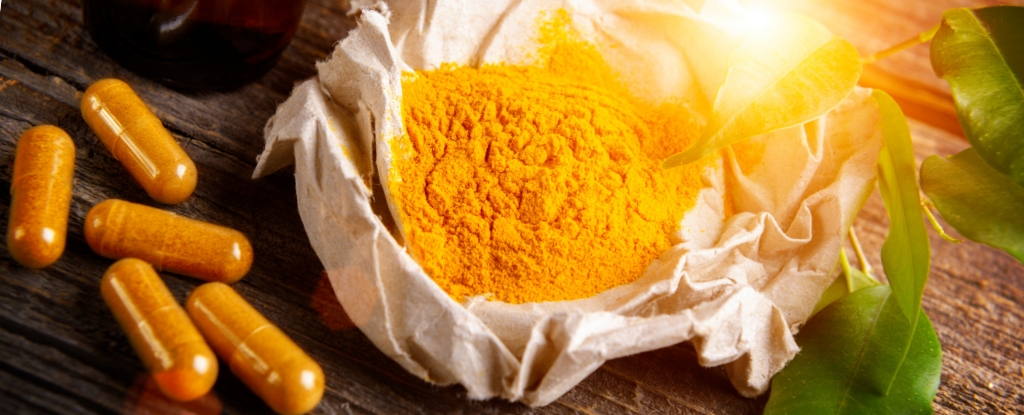From turmeric to green tea, many botanicals we commonly use as herbal remedies pose a threat to our liver if we indulge too much. A new survey from the University of Michigan estimates up to 18.6 million people in the US make use of at least one of these herbal remedies with liver-damaging potential.
When used in moderation, herbs like and other plant-based supplements can provide us with benefits. In concentrated forms, such as capsules, it's on them. due to herbally-induced liver problems are .

"The safety and efficacy of herbal and dietary supplements are not well established due to the lack of regulatory requirements by the US Food and Drug Administration for human pharmacokinetic or prospective prior to marketing," hepatologist Alisa Likhitsup and colleagues . Using data on 9,685 people enrolled in the US National Health and Nutrition Examination Survey (NHANES), the researchers found the six most commonly consumed herbal products are typically used to treat conditions such as high cholesterol, , and pain, and are also often implicated in livery injury. Rates of drug induced liver injury from these supplements nearly , from 7 percent in 2004 to 20 percent by 2014.
"The most commonly implicated botanical products ...
include turmeric, , green tea extract, and , with potentially severe and even fatal liver injury," Likhitsup and team . Liver injury can be hard to diagnose until it becomes severe. include feeling tired, having a low appetite and losing weight.
Critical damage prevents the liver from processing red-orange bilirubin properly, leading to a buildup that . Use of herbal supplements is more common in people with chronic medical conditions including arthritis and , the researchers found. These people also tend to be older and have higher levels of education and incomes than those who don't use these supplements.
"Turmeric-containing products were most commonly used for joint health or arthritis due to the widespread belief that turmeric may have antioxidant and anti-inflammatory properties," Likhitsup and colleagues . "However, multiple randomized clinical trials have failed to demonstrate any efficacy of turmeric-containing products in osteoarthritis." It's the same for the other supplements.
, clinical research has found the small South Asian fruit has no significant impact on weight, nor does . What's more, spectroscopic analysis revealed what is advertised on the label of these herbal supplements does not always match . In general it is safest to obtain suitable amounts of nutrients through a healthy diet, and only use supplements when recommended as treatment for However, if you do decide to try herbal supplements it is critical to keep your doctor informed, so that if anything does go wrong they know how to help.
This research has been published in ..

















